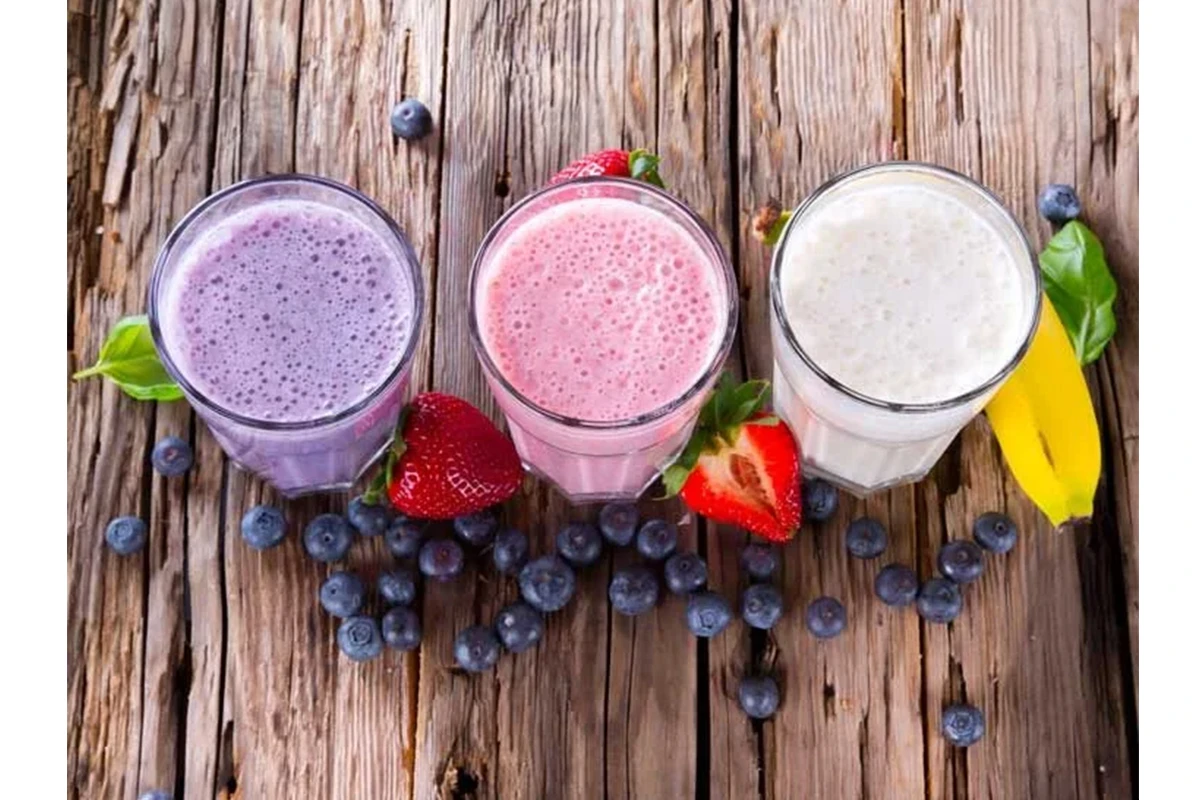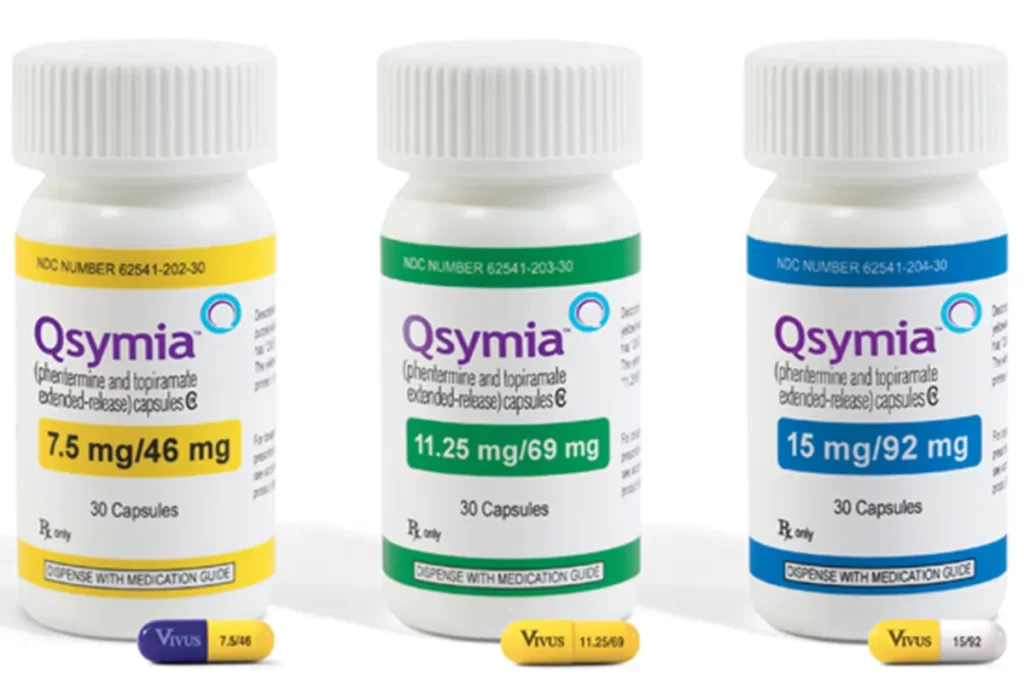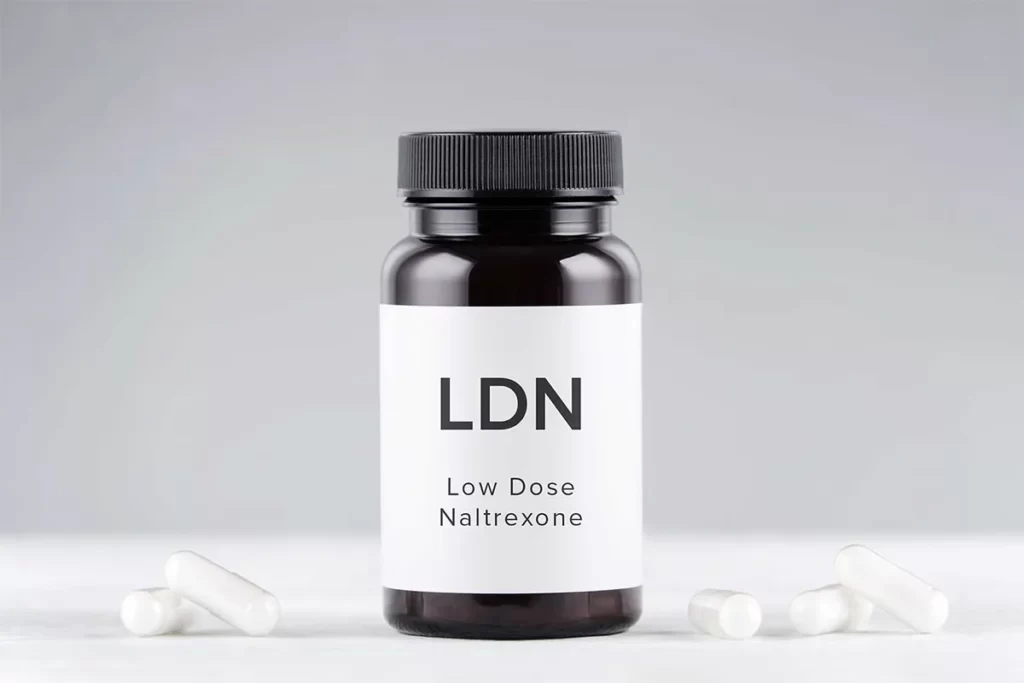How do You Lose Weight with Protein Shakes?
-
 Written by
Michael J. Ormsbee
Written by
Michael J. Ormsbee
- LAST UPDATED September 20, 2023
In the dynamic universe of health and wellness, protein shakes stand tall as a popular tool for weight loss and nutrition enhancement. Boasting a compelling profile of convenience, versatility, and nutrition, protein shakes have captured the imagination of countless individuals on their fitness journeys. This comprehensive guide will usher you into the thick of the protein shake movement and shed light on their role in weight loss.
Protein shakes, the modern-day answer to protein-rich nourishment, are essentially a blend of protein powder and liquids, creating a high-protein beverage. Protein powders used in these shakes are derived from a multitude of sources, ranging from dairy-based options like Whey and Casein to plant-based alternatives like Soy and Pea protein. Moreover, additional nutrients like vitamins, minerals, fiber, and sometimes, beneficial herbs are often added to these powders, enhancing their nutritional profile.

Role of Protein Shakes in Weight Loss
Multiple studies have highlighted protein’s pivotal role in weight loss, making protein shakes an effective tool for managing weight. Protein-rich diets are linked with increased satiety; when you feel full, you are less likely to overconsume calories. Consuming protein shakes drives your body to expend more energy through thermogenesis and sustain lean muscle mass, which in turn amps up the metabolic rate, facilitating weight loss.
Benefits of Protein Shakes
Protein shakes serve many roles – they are not just your allies in weight loss. They contribute significantly to muscle recovery post strenuous workout sessions, preventing muscle soreness and fatigue. By preserving lean muscle mass during weight loss, protein shakes help improve body composition. Several studies also highlight their role in managing blood sugar levels, combating inflammation, and fortifying the body’s antioxidant defenses.
How to Use Protein Shakes for Weight Loss
To harness the power of protein shakes for weight loss, it’s essential to use them strategically. Many individuals use protein shakes as meal replacements – usually one meal per day – to control their calorie intake effortlessly. Others find them particularly helpful for improving muscle recovery and growth when consumed pre or post workout sessions. However, caution should be exerted not to rely excessively on protein shakes at the expense of whole foods.
Risks and Considerations
Excessive reliance on protein shakes may inadvertently lead to a nutrient-deficient diet, since although they are rich in protein, they may not cover all the essential nutrients that whole foods offer. There are also potential health implications of consuming too much protein, which could put a strain on the kidneys, especially those with existing kidney conditions. It is, thus, critical to maintain a balanced diet alongside.
Tips for Making Protein Shakes Effective for Weight Loss
One way to optimize protein shakes for weight loss is by combining the protein powder with nutrient-dense foods. Adding fruits, vegetables, and healthy fats to your shakes will increase the nutritive balance of your meal. It’s also important to tailor the intake of protein shakes as per individual nutritional needs and weight loss objectives — a “one-size-fits-all” approach may not be effective. Monitoring portion sizes and keeping an eye out for added sugars can further assist in maintaining a calorie deficit and propelling weight loss.
Recipes for Weight-Loss Protein Shakes
Kickstart your weight-loss journey with these delicious, nutrient-dense protein shake recipes. Each recipe combines proteins, fibers, and a wealth of other essential nutrients to keep you full, energized, and steadily losing weight.
- Berry-licious Protein Shake: Blend a scoop of your favorite vanilla protein powder, a cup of mixed berries (strawberries, raspberries, blueberries), a generous handful of spinach, and a cup of unsweetened almond milk. The result? An antioxidant-rich protein shake that’s tasty and good for you.
- Choco-Peanut Butter Protein Shake: For all the chocolate lovers out there, combine chocolate protein powder, two tablespoons of natural peanut butter, one medium-sized banana, and a cup of unsweetened almond milk for a creamy, satisfying shake that’ll curb those sweet-tooth cravings.
- Tropical Delight Protein Shake: Transport yourself to the tropics with this refreshing protein shake. Blend a scoop of vanilla or plain protein powder, half a cup of frozen mango chunks, half a small ripe avocado for healthy fats, and a cup of low-fat coconut milk. This nutritious shake will make you feel like you’re on a beach vacation.
- Spiced Pumpkin Protein Shake: Embrace the flavors of fall with this protein shake. Mix together vanilla protein powder, a quarter cup of pureed pumpkin, half a teaspoon of cinnamon, a pinch of nutmeg, and a splash of unsweetened almond milk. This hearty shake is sure to spice up your regular protein shake routine.
- Green Power Protein Shake: For an extra serving of veggies, go for this green goddess of shakes. Take a scoop of basil or unflavored protein powder, a handful of kale or spinach, half a green apple (for a hint of sweetness), a bit of fresh ginger (for a tad bit of kick), and a cup of unsweetened almond milk, then blend until smooth. This shake is filled with chlorophyll-rich greens that’ll help detox your system while providing you with high-quality protein.
Remember, these recipes should serve as inspiration – feel free to get creative and adapt them based on your preferences, dietary needs, and weight loss goals.
Finally
While protein shakes offer a host of benefits and make a convenient addition to your dietary regimen, they should complement a well-rounded diet, not substitute it. It’s all about striking a balance between the intake of whole foods and protein supplements. Whether you’re a busy bee looking for quick nutritional fixes or an athlete seeking enhanced recovery, protein shakes can make a rewarding addition to your lifestyle. Embark on your weight loss journey today – one shake at a time!

Frequently Asked Questions about Protein Shakes and Weight Loss
Are protein shakes good to lose weight?
Protein shakes can be an effective tool for weight loss as part of a balanced diet. They help increase satiety, which reduces overall calorie intake, and sustain lean muscle mass that can boost metabolism.
How to lose weight using protein shakes?
Protein shakes can be used to replace one meal a day or as a snack between meals, helping to create a calorie deficit. They are especially effective when paired with regular exercise and a balanced diet of whole foods.
How many protein shakes should I drink a day to lose weight?
Typically, one protein shake a day, used as a meal replacement or a post-workout supplement, can support weight loss goals. However, individual needs vary, and it's essential to tailor protein shake intake to your personal nutritional needs and weight loss goals.
Can I drink 2 protein shakes a day to lose weight?
While it's possible to have two protein shakes a day—perhaps one as a meal replacement and one after a workout—it's important to ensure a balanced dietary intake in addition to protein shakes. It's also crucial to avoid overconsuming protein, which may strain the kidneys or lead to nutritional imbalance.
How to lose 10 pounds in a week?
Losing 10 pounds in a week is often considered reckless and unhealthy. Most experts recommend losing 1-2 pounds per week for sustainable and healthy weight loss. Rapid weight loss can lead to muscle loss, nutritional deficiencies, and other health complications. Any significant weight loss plan should ideally be carried out under the guidance of a health professional.
What is the best protein drink to lose weight?
The answer to this question depends on individual preferences and dietary restrictions. Some people might prefer whey protein shakes, while others might go for plant-based protein such as soy or pea protein shakes. The key to picking the best protein drink is to ensure it matches your dietary needs, is low in added sugars, and fits well within your overall diet and weight loss plan.






